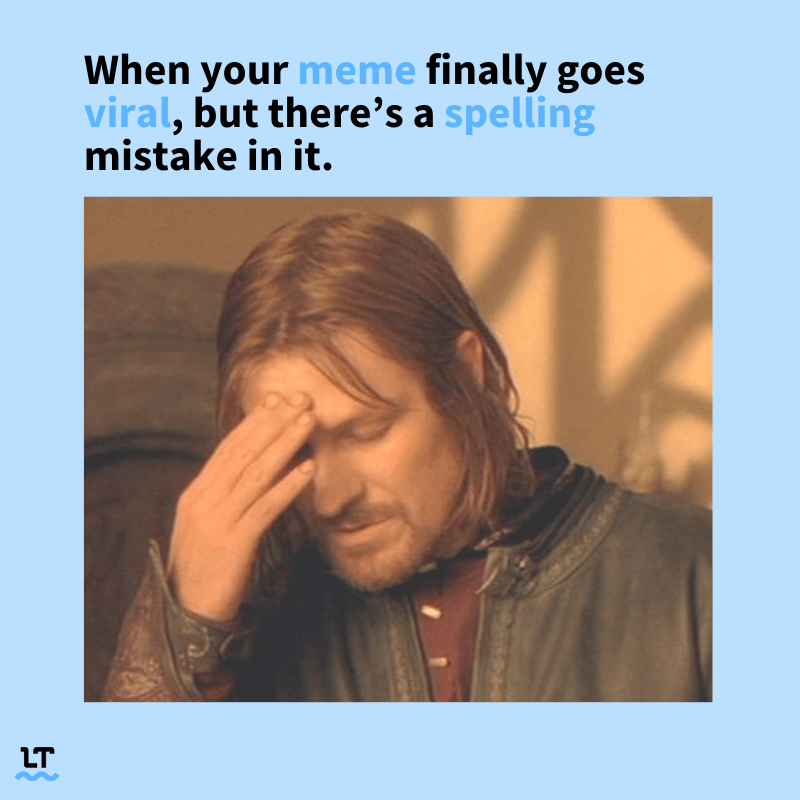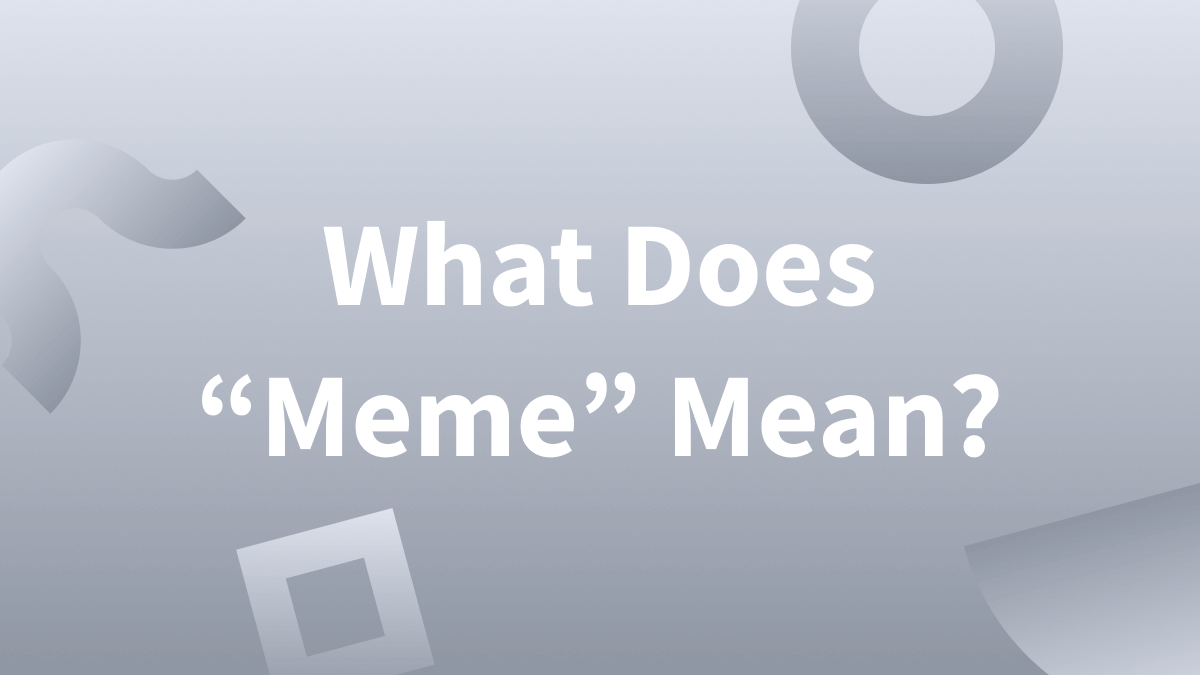Table of Contents
What Is a “Meme?”
In the modern sense, a meme (also known as an internet meme) is an image, screenshot, or graphic that contains text and goes viral (i.e., spreads rapidly online). It provides humorous or satirical social commentary on a relatable situation or topic. Memes often reference pop culture or current events, and rely on the internet and social media for their rapid and widespread circulation.
An important characteristic of memes is their ability to evolve as they are shared. People can remix them to represent inside jokes and shared experiences.

However, it’s essential to note that the word meme has a much more intricate and scientific meaning, which we’ll elaborate on below.
Origin of the Word “Meme”
Richard Dawkins, a British evolutionary biologist, first used the term meme in 1976 in his book The Selfish Gene. The word meme was influenced by the word gene and is the shortened version of mimeme. It was derived from the ancient Greek word “mīmēma,” which means “imitated.”
Dawkins draws a parallel between the two because, much like genes, memes spread ideas, styles, and behaviors from person to person within a culture, often carrying a symbolic meaning that represents a phenomenon or theme.
In the scientific sense, think of memes to be a metaphorical bug that “infects” multiple people with ideas, perspectives, symbols, or practices that are transmitted through writing, speech, and other imitable actions. Memes, like genes, depend on imitation, variation, competition, and inheritance for propagation.
In this sense, a few examples of memes include:
Common catchphrases
Fashion trends
Skills
Behaviors
Ideas and perspectives
Melodies
How To Pronounce “Meme”
The pronunciation of meme depends on the language you’re speaking in. But in English, meme is pronounced /miːm/ (“meem”).
“Meme” Pronunciation:
Some people pronounce meme as mee-mee or meh-meh. Although this may be correct in other languages, it is not in English.
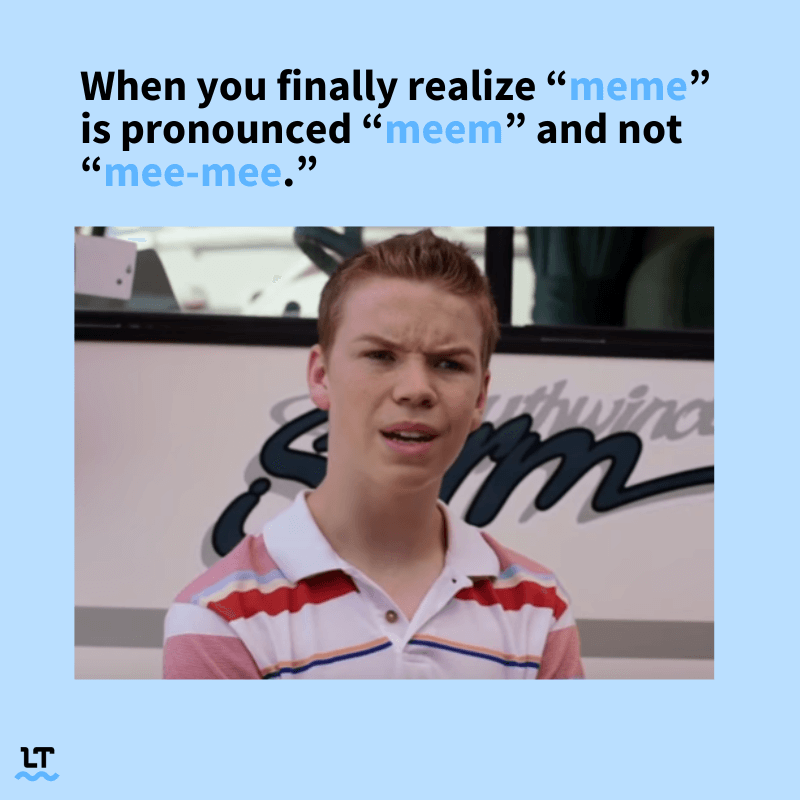
“Meme” Examples
We’ve already provided a few examples of memes used in the evolutionary sense. But if you’re looking for examples of internet memes, you can find them here.

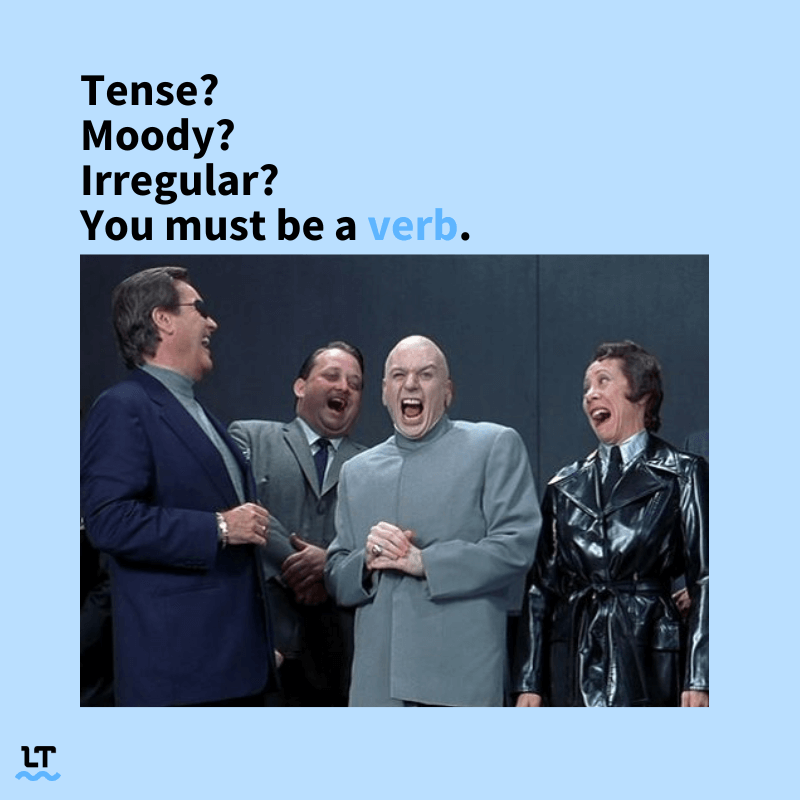
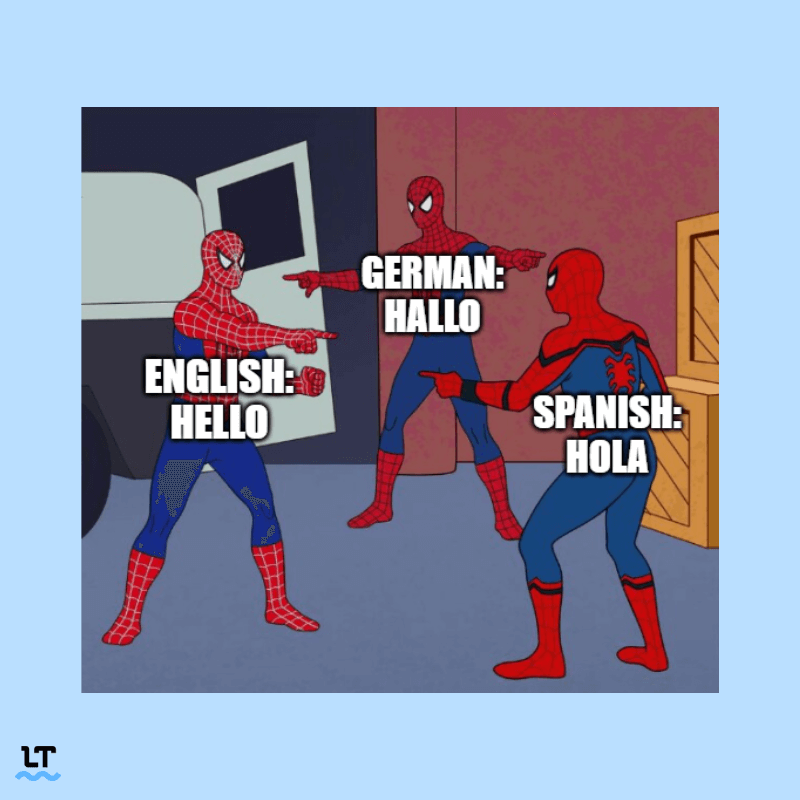

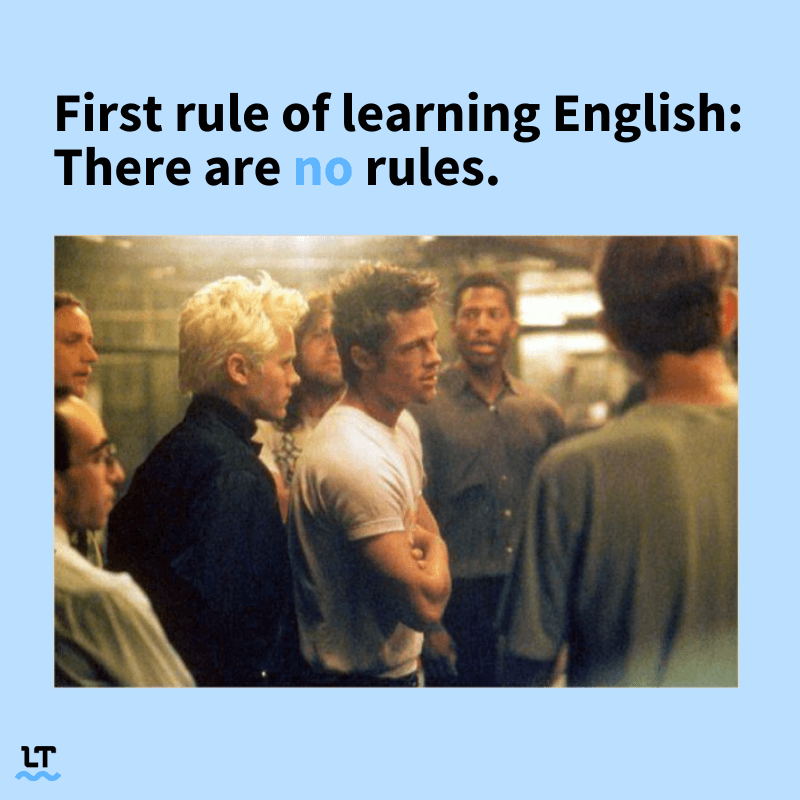
How To Make a Meme
Many online meme generators make coming up with your own memes easy. These websites include popular images that you can add text to. Popular examples of this type of website are MemeGenerator and Make a Meme.
Now that you know where you can create a meme, it’s time to learn how to write the accompanying text. Here are a few bits of advice you can use:
Keep Timeliness in Mind
If you want your meme to go viral, timing is essential. Don’t create a meme using something that was relevant six months ago and expect it to gain traction and popularity. Instead, it’s better to create a meme using a recent event or trend.
Incorporate Cultural References
Memes that contain cultural references—like popular pop culture trends, current events, widely recognized symbols, phrases, and more—tend to spread like wildfire.
Know Your Audience
It’s essential to know your audience and tailor the content to their humor, understanding, and interests. Also, be careful not to create a meme that can be deemed hurtful or hateful to any particular group.
Use Relatable Experiences
What makes memes go viral is their relatability. Therefore, writing text that people can understand and sympathize with is a good idea. To achieve this, think of everyday experiences people can easily relate to and connect with.
Keep It Short
A common characteristic of memes is that they contain concise and snappy text. Make sure to avoid using unnecessary long sentences.
Do you know what you want to express but don’t know how to write it simply?
LanguageTool’s paraphraser can shorten your sentence to help ensure your meme goes viral! This multilingual writing assistant can also check for spelling and grammar errors because the last thing you want is for viral content that is attributed to you to have a mistake in it. Try it out today to write the perfect meme!
